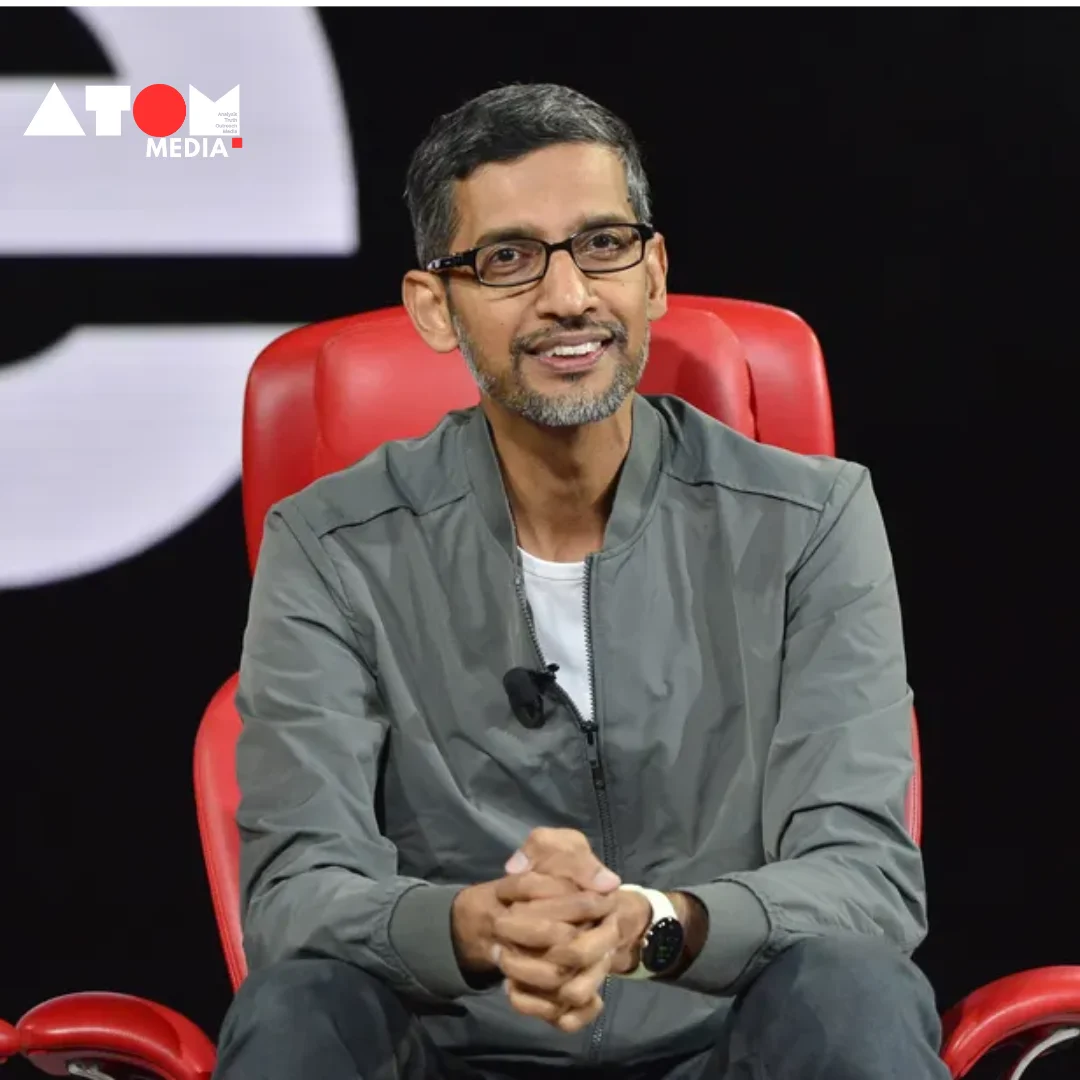Recent Allegations
Sundar Pichai, CEO of Google’s parent firm Alphabet, has pledged to examine charges that OpenAI’s Sora model was trained on YouTube videos without necessary consent. The charges, which raise concerns about copyright infringement and data usage policies, have spurred legal challenges from notable organizations including The New York Times and the Authors Guild.
Sundar Pichai’s Response
Sundar Pichai responded to the allegations by stating that if substantial proof supports the charges, he would handle the issue. These promises follow OpenAI CTO Mira Murati’s skepticism about the source of Sora’s training data. Murati adds that the model is mostly based on publicly available and licensed sources, throwing doubt on claims of improper usage of YouTube content.
Concerns Over Data Usage
The charges against OpenAI have prompted broad worries about the company’s data usage policies. According to a New York Times story, OpenAI transcribed more than a million hours of YouTube videos to train Sora, raising concerns regarding Google’s terms and conditions. While Pichai does not explicitly address the alleged transgressions, he does underline that OpenAI must follow clear terms of service and address any concerns about data usage.
Mounting Legal Challenges
The accusations against OpenAI have evolved into legal disputes, with The New York Times filing a lawsuit charging copyright infringement for training its models on Times content without sufficient authorization. Furthermore, the Authors Guild has filed legal action, claiming that OpenAI’s language models rely significantly on copyrighted material without proper remuneration or recognition for writers.
Implications for AI Development
These legal challenges highlight the complexity of data use and intellectual property rights in AI development. While AI models require a large amount of data to function well, the unauthorized use of copyrighted information presents serious legal and ethical considerations. The outcome of these legal challenges could have far-reaching consequences for how AI developers approach data source and intellectual property issues in the future.
The Authors Guild’s Lawsuit
The Authors Guild’s lawsuit against OpenAI highlights the scale of data usage by the company’s models, alleging the incorporation of millions of copyrighted articles, books, and creative works without proper compensation or attribution to creators. This legal action underscores the need for greater transparency and accountability in data usage practices within the AI community.
Navigating Data Usage Challenges
As the legal conflicts continue, stakeholders in the AI business must balance innovation with ethical and legal issues. The allegations against OpenAI serve as a reminder of the significance of protecting intellectual property and providing fair pay to content creators. Moving forward, collaboration among AI developers, content providers, and regulatory agencies will be critical to creating clear norms for ethical data usage in AI development.
The claims against OpenAI’s Sora model illustrate the intricacies and challenges associated with data usage and intellectual property rights in the AI business. Sundar Pichai’s vow to investigate the problem emphasizes the urgency of addressing concerns about illegal data use. As legal disputes play out, stakeholders must collaborate to establish clear norms and procedures for responsible data usage, ensuring a fair and ethical approach to AI research.
Read more: Marketing News, Advertising News, PR and Finance News, Digital News





